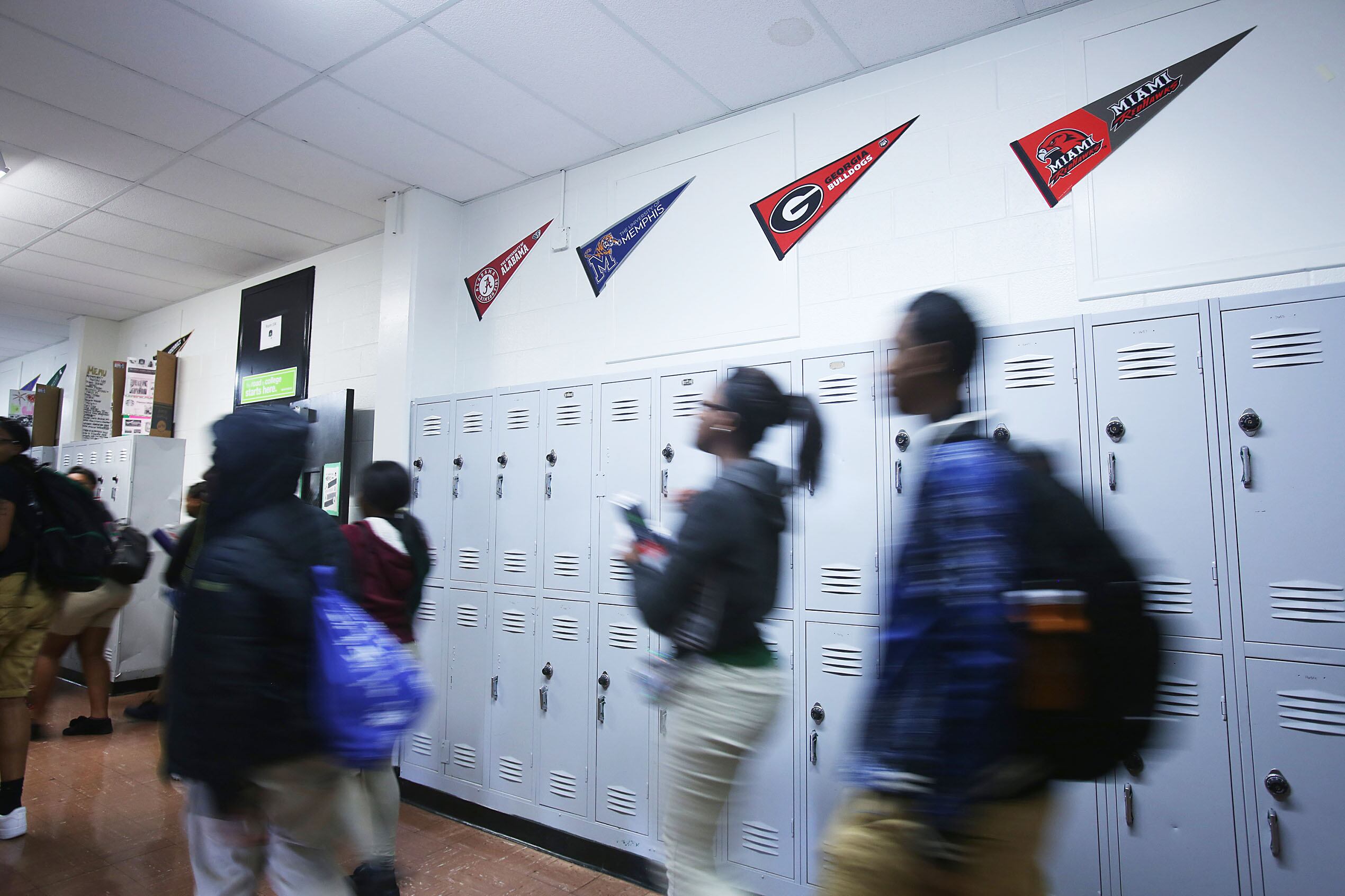State lawmakers want to see the plan for returning 27 schools and about 8,000 students in Tennessee’s Achievement School District to their local districts in Memphis and Nashville by the fall of 2022.
The Senate passed a bill Wednesday requiring the Department of Education to submit its transition plan to the legislature’s education committees by Jan. 1. The measure is expected to be approved by the House as well.
The legislation does not, however, eliminate the embattled school improvement district, which is home to chronically low-performing schools taken over by the state and mostly converted to charter schools. That model remains among the state’s school improvement strategies under Tennessee’s federally approved education plan.
The proposal seeks to address confusion around the 25 schools in Memphis and two in Nashville that are still part of the so-called ASD. In January, the department announced all of the schools would exit the state-run district by 2022, but has not revealed specifics on how that will happen.
“What the bill does is just say, ‘Give us a plan!’” said Sen. Dolores Gresham of Somerville, who is co-sponsoring the legislation with Rep. Mark White of Memphis.
Since its creation in 2012, the district has fallen woefully short of its original goal of turning around the state’s lowest-performing schools in five years. Most remaining ASD schools are still in the state’s bottom 5% and haven’t performed measurably better than other struggling schools still under local purview. A handful of the schools were closed due to low enrollment.
“It’s OK for us in government to realize … something’s not working. I think that’s what we’ve seen,” Sen. Raumesh Akbari said during last week’s Senate Education Committee.
“But there are many schools within the ASD that are doing some really great work,” said the Memphis Democrat, who voted for the bill. “I think having a plan will allow the schools that are [showing gains] to continue doing what they’re doing and the ones that can’t quite get there to be able to have a different option for those students and parents.”
Akbari urged state education officials to be in conversation with the neighborhoods affected.
“I hope that as the department develops the plan, they will also get community feedback because I know a lot of parents who have students in these ASD schools are eager to have their voices heard,” she said.
A statement from the education department said state officials are happy to comply.
“The Achievement School District will remain the state’s most intensive intervention according to Tennessee’s Every State Succeeds Act (ESSA) plan, and the department has been holding conversations with stakeholders to determine a thoughtful approach to right-size and reset the ASD,” the statement said.
Department officials have said the current ASD grew too quickly to meet its goals. They promised that the next iteration will look different.
“First and foremost, the state is committed to the ASD as the highest form of intervention for our schools that have been consistently low-performing,” Education Commissioner Penny Schwinn said earlier this year. “That has been a strong position of our state, and we are not wavering there.”
But the department’s strategy is being affected by the financial crisis caused by the coronavirus. In March, Gov. Bill Lee eliminated $25 million proposed for school improvement work in an emergency state budget passed by the legislature. The funds were to provide more resources and supports for ASD schools. Currently, the state receives about $20 million in federal grants to support all of its “priority” schools in the state’s bottom 5%. Department officials have not said how they plan to adjust.
The state has paused, for now, its search for a superintendent to oversee all of the state’s school turnaround work for about 90 schools, including those in the ASD, due to a state government hiring freeze, a spokeswoman said Wednesday. The new leader was to be hired this summer.
Lisa Settle continues to serve as interim superintendent. Yolanda Dandridge, who previously shared that role with Settle, has been reassigned to be the ASD’s chief of school accountability and compliance.
You can see the list of ASD schools here.






